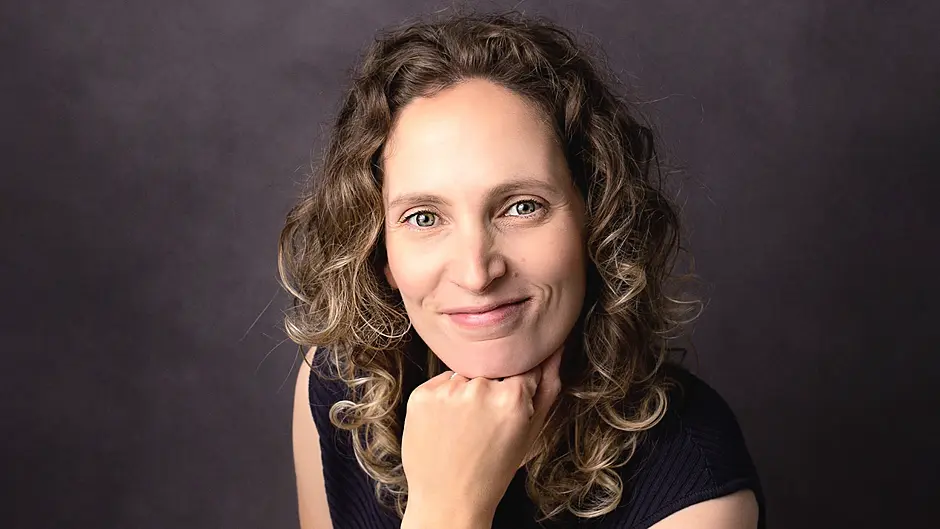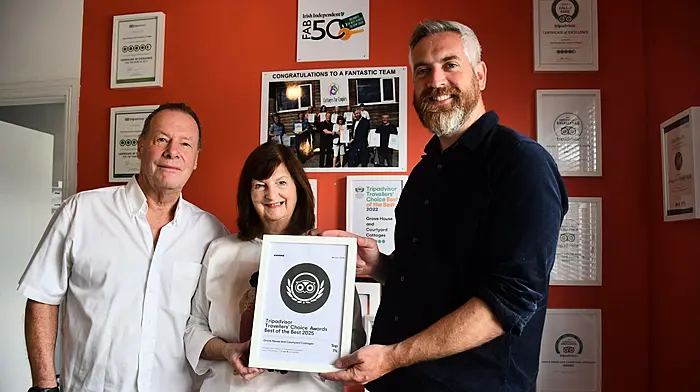In this series, we continue to introduce people who are experts in the field of oncology.
This week we meet Dr Maria Leahy, Principal Psychologist, CUH
Name
Dr Maria Leahy, principal psychologist in psycho-oncology, Cork University Hospital
Your background
I have worked as a psychologist over the past two decades, providing psychological services to children, adolescents, adults, and families across primary, secondary, and tertiary services, as well as providing supports and training to organisations, schools, and healthcare staff. I’ve also provided clinical supervision to psychologists, lectured on doctoral psychology training programmes, and engaged in psychological research.
I have more recently been appointed principal psychologist in psycho-oncology at Cork University Hospital and work as part of our Hospital Psychology Department. I am honoured to work in a stimulating learning environment, with and alongside patients and their families, and my colleagues who are dedicated to enhancing patient health outcomes. I am passionate about supporting people to work through their difficulties, in order to reach their optimal functioning, in line with their values, goals, and aspirations.
How does your role help with disease prevention?
We know that mental wellbeing and physical health are inextricably linked; what is going on in one’s mind affects the body, and what is going on in one’s body affects the mind. But what does that mean in the context of disease prevention? It means that managing emotional wellbeing, reducing distress, enhancing positive mental health, and promoting positive health behaviours, positively impacts upon physical health and functioning, and is a central component of disease prevention and disease management.
What does a psychologist do? Psychologists who work in hospital settings provide support to individuals, families, and communities, to enhance and improve wellbeing, mental health, and physical health.
You can expect to be provided with a person-centred, supportive, and compassionate space for you to explore your difficulties, and you will be offered evidence-based psychological interventions which have been shown by research to be effective. You will be supported and guided to build skills and strategies for managing your wellbeing, and for achieving your goals.
The work will emphasise your autonomy, strengths, resilience, and capacity for growth, and you will be actively involved in how this is achieved, as you are the expert of you. Psychological intervention improves wellbeing, mental health, physical health, quality of life, and overall functioning, leading to happier and healthier individuals, families and communities, as well as a reduction in healthcare costs.
What tip could you give readers to help prevent illness?
Tune in: when under emotional stress, your body is signalling that something is out of sync. The body is wise: tune in to it carefully and troubleshoot what may be needed to restore balance.
Self-care: prioritise self-care to include your sleep, diet (including water intake), exercise, relationships, emotional wellbeing, and engage in fulfilling and enjoyable activities. A good self care routine enhances coping, increases your ability to deal with challenges, and increases emotional, cognitive, social, and physical functioning.
Practice wellbeing skills and strategies: practice emotional well-being skills and strategies regularly and not only in a crisis, as they work better with practice. You may choose to do some mindfulness, breathing exercises, keep a gratitude diary, adapt some unhelpful thought processes, chat a problem through with a friend, enjoy a daily walk, reflect on your feelings or distress levels at regular intervals and choose the appropriate skills to match the level of distress. There are a multitude of skills and strategies you can choose, and you can seek professional help for extra support, as needed.
Reach out: ask friends, family, or a colleague for their support with things that might be bothering you. Build the habit of reaching out at an early stage of a difficulty or problem. You can reach out to a professional for extra support, as needed.
Activities: make time for the things that you enjoy and which benefit you, whether it is taking time out to read a book, meeting up with a friend, playing sport, exercising, or any chosen activity that is good for you.
Laughter: have fun, be playful, enjoy, and laugh often. Even when things seem unworkable, laughter can be a powerful antidote to your difficulties.
What myth would you like to dispel about health?
Psychological and physical health are inextricably linked, and each affects the other. I invite you to reflect on your health, and encourage you to give due attention to both your psychological and physical health. There are many things that you can do to improve your health, and it is never too late. There is only one of you: live the most fulfilling life that you can.










